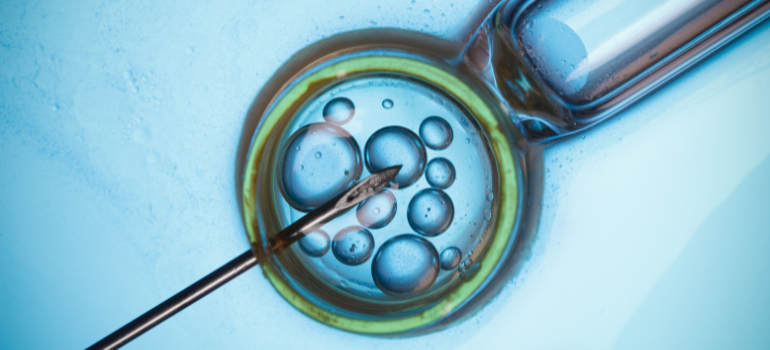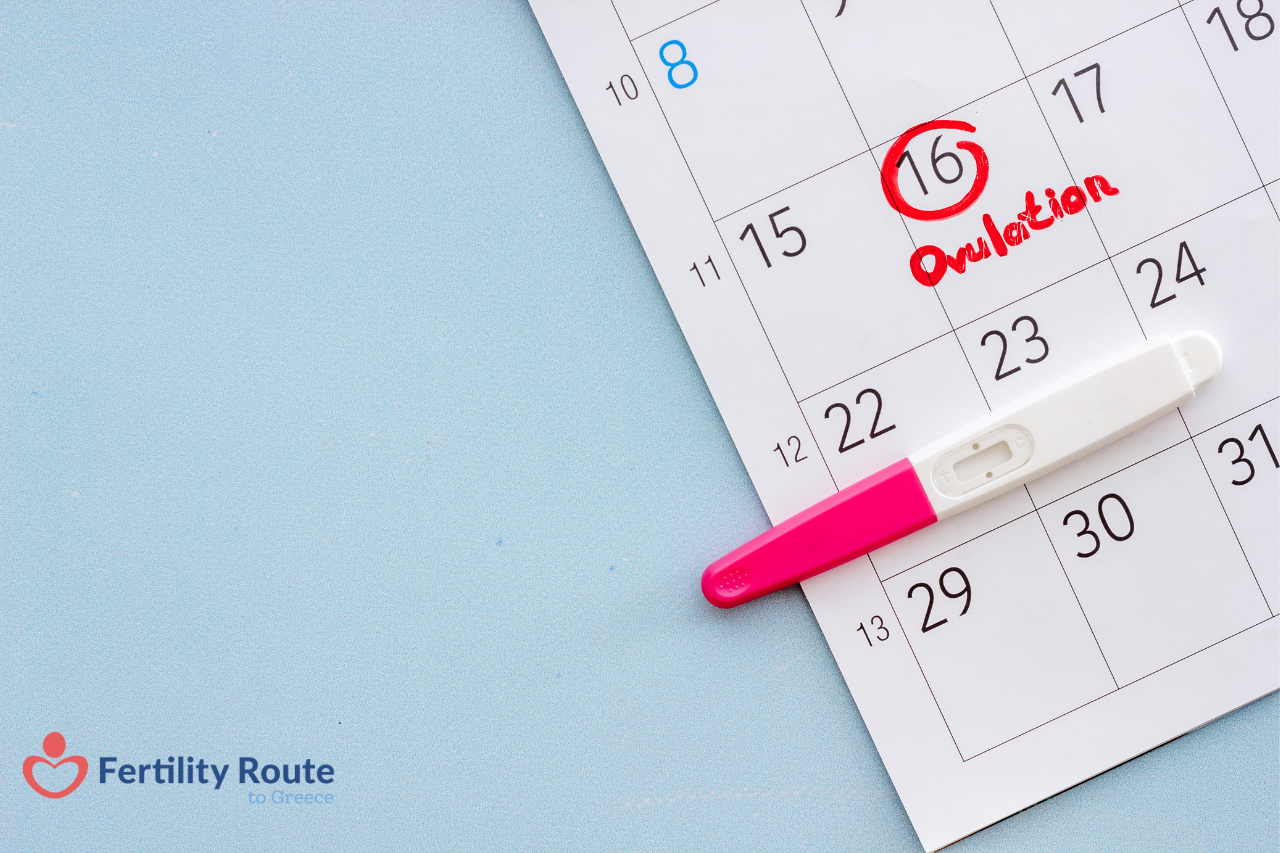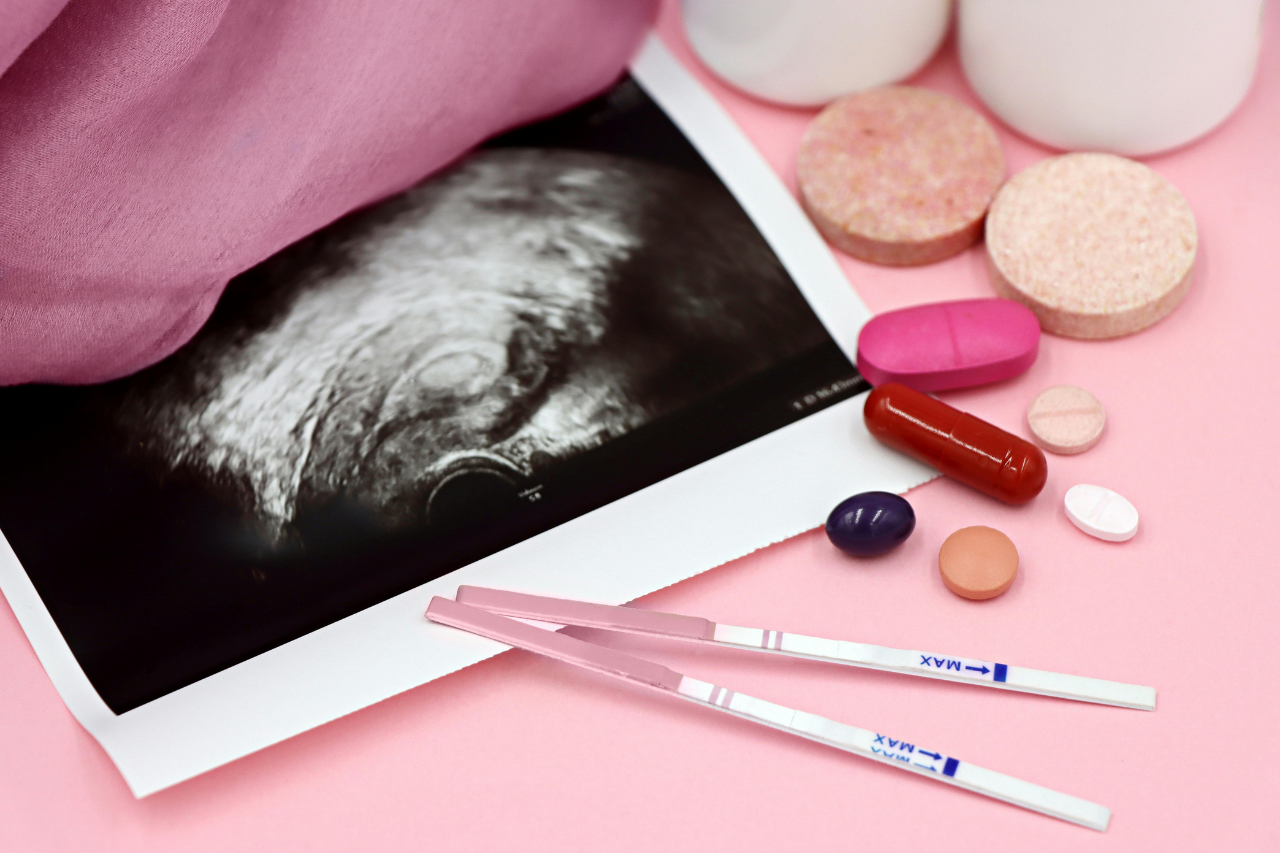
What is Day 21 Fertility Testing and Why Is It Important
The most ideal way for a couple to have a child is to happen simply like that… Without anxiety, without tests, but through the mental union and the physical contact that will bring their baby into the world.
Nevertheless, most of the couples want to be sure that there is no problem, or if there is, to deal with it without letting time pass and take them away from their dream.
So, one of your first steps towards motherhood is the 21st day fertility check which is all about assessing your hormone levels to ensure your body is primed for a healthy and safe pregnancy.
It is usually referred as the “Day 21” test.
What is the 21 day fertility test?
Tests such as hysterosalpingography (HSG) and saline ultrasound (SHG) are particularly important in assessing the health of the uterus and fallopian tubes. Many fertility tests need to be done at a specific point in your menstrual cycle. Day number “21” of menstrual cycle is important for all women who want to have a child, especially for those who are having trouble conceiving.
This test can be very useful because it measures hormone levels such as progesterone and estradiol, as well as the thickness of the endometrium, uterus lining.The day 21 fertility test, also known as the mid-luteal phase test, can assess your reproductive health and also determine whether ovulation has occurred. The test is blood-based and includes measurement of progesterone and follicle-stimulating hormone (FSH) levels.
If you have a 28 day cycle it takes 14 days for a follicle to ovulate an egg and 14 days from the luteal phase, which is after ovulation and until the next period. The phase lasts 14 days, ending with menstruation. The luteal phase is characterized by the function of the corpus luteum and the secretion of progesterone, mainly.It has a fixed duration of 14 +/- 2 days. The follicular phase varies from woman to woman depending on the menstrual cycle. Bigger for big circles, smaller for small ones.

What happens when you don’t have a regular 28-day cycle
You may have regular period while taking birth control pills. You may have a period once, every two or three months, or even more frequently. For this reason, for women who do not have a regular cycle, “Day 21” is essentially meaningless.While the follicular phase can differ from woman to woman, the luteal phase, on the other hand, always lasts the same, i.e. 14 days.
Seven days after ovulation and seven days before ovulation, you will be on the day when your progesterone should be at its highest level.
“Day 21” How it works in irregular cycles.
If your cycle is 35 days, on the 21st day you will ovulate, and on the 28th day you will be tested to see the peak progesterone level. In case the cycle lasts 25 days, the same check for progesterone levels will be done on the 18th day. Your cooperation with your reproductive endocrinologist is important in determining the 21st day, regarding the best time for the test procedure as well as other measurements that will evaluate your fertility. It’s perfectly normal for your cycle not to fall into the 28-day category, so there’s no reason to feel stressed or worried.
What is your ovulation day?
In case you have a stable 28-day cycle, the egg ovulates on day 14 and this can be confirmed by checking hormone and progesterone levels in the blood. In particular, progesterone is a vital factor in the conception process. Progesterone creates the ideal environment for the lining of the uterus to be receptive and welcoming when the embryo is implanted.
This is because progesterone changes the lining during its secretory phase. The corpus luteum and its progesterone secretion subsides within 14 days if there is no embryo implantation. Menstruation will start 14 days after the day of ovulation.So, it makes sense why the 21st day acts as an indicator of the luteal phase of your cycle, when you are in the middle of this phase, but also as an indicator of the highest level of progesterone production.
What are normal progesterone levels?
It makes sense that progesterone levels in the luteal phase are different for each woman, and also for each cycle. Ideal “Day 21” luteal progesterone levels are set at 10 ng/ml or even higher. Progesterone increases after ovulation which in a 28 day cycle on day 21 reaches its maximum levels.
If your progesterone levels are low
The most important is to know that your progesterone or estrogen levels can be elevated if your fertility specialist is concerned that you are not ovulating. Low progesterone levels make embryo implantation and development more difficult, low progesterone levels can also contribute to the absence of menstruation and poor ovarian function.
However, there are many options that can help increase the levels of these hormones to create a receptive and welcoming endometrium.With the help of your doctor you will reach the desired levels.Vaginal or injectable progesterone supplements can help increase its levels, while taking the hormone orally helps to increase estradiol levels, vaginal or transdermal estrogen.During a treatment cycle, the peak levels of luteal progesterone and estrogen can be checked by the fertility specialist.
To ensure a boost in hormone levels and ensure successful embryo implantation in treatments such as IVF, estrogen and progesterone supplementation is recommended in the luteal phase, at least in most cases. Regarding natural cycles, to induce ovulation, estrogen and progesterone levels are checked and supplemented only if found to be too low in the luteal phase of the cycle.

Why is it important 21-day fertility test
- Ovulatory dysfunction and LPD, (Luteal Phase Defects) factors that make conception difficult, may be diagnosed.
- Improves your chances of getting pregnant through medical intervention to regulate your menstrual cycle, in case you do not ovulate regularly or have a short luteal phase.
- May help diagnose poor ovarian reserve. Over time the ovarian reserve decreases, which makes conception more difficult. If the results of the FSH test on day 21 show a low ovarian reserve the fertility specialist will recommend stronger treatments.
- Helps control the effectiveness of fertility treatments.
- If, for example, you are following ovulation induction with medication, the Day 21 test can determine whether you ovulated and whether the treatment worked effectively.
- If you have undergone in vitro fertilization (IVF), this test can act as a tool to evaluate a successful cycle and guides your doctor to enhance or follow additional treatments if necessary.
However, you need to know if this test is right for you. Together with your doctor you will assess whether you can proceed with this procedure. Especially those women who do not have a regular menstrual cycle or take hormonal contraceptives will require adaptation to their own needs and conditions. Also, factors such as stress, some illness, some medications can affect the results.
It is true that the route to motherhood is different for every woman. The destination, however, is always the same. A healthy and safe pregnancy and a healthy baby that will make you forget every obstacle you have encountered in living your sweetest dream.



